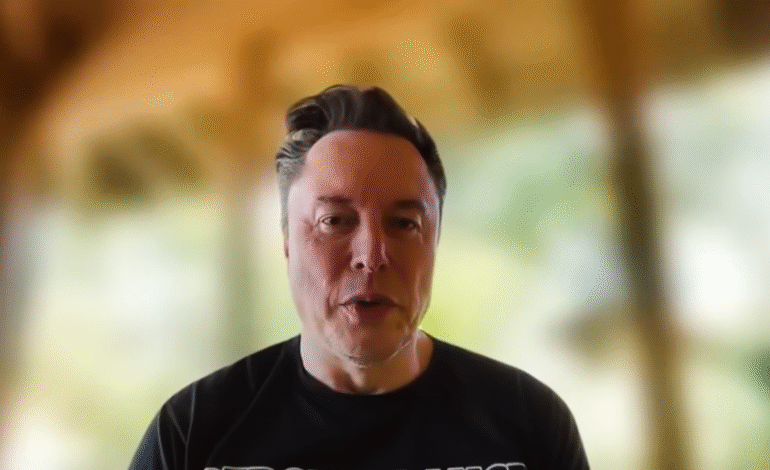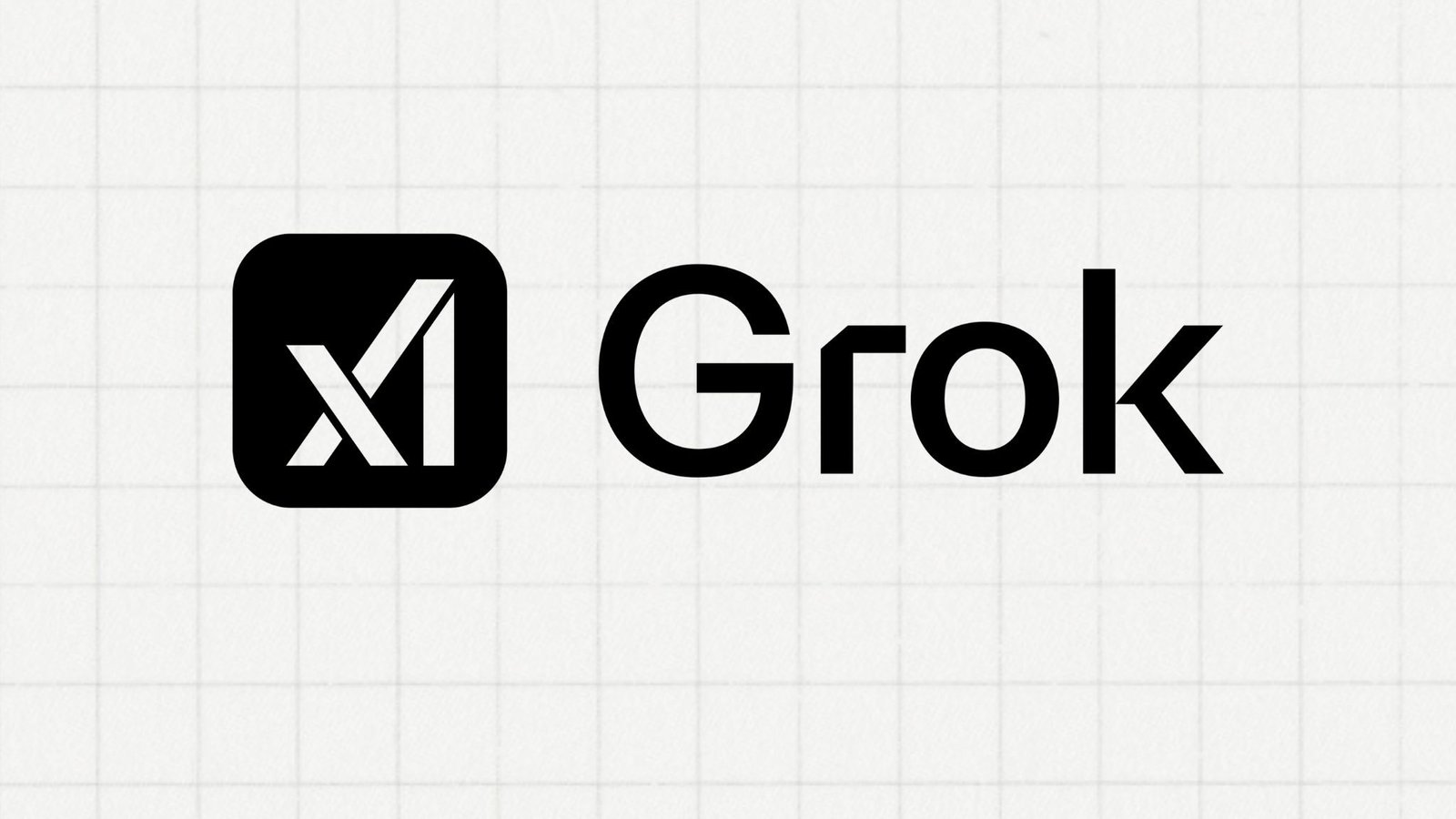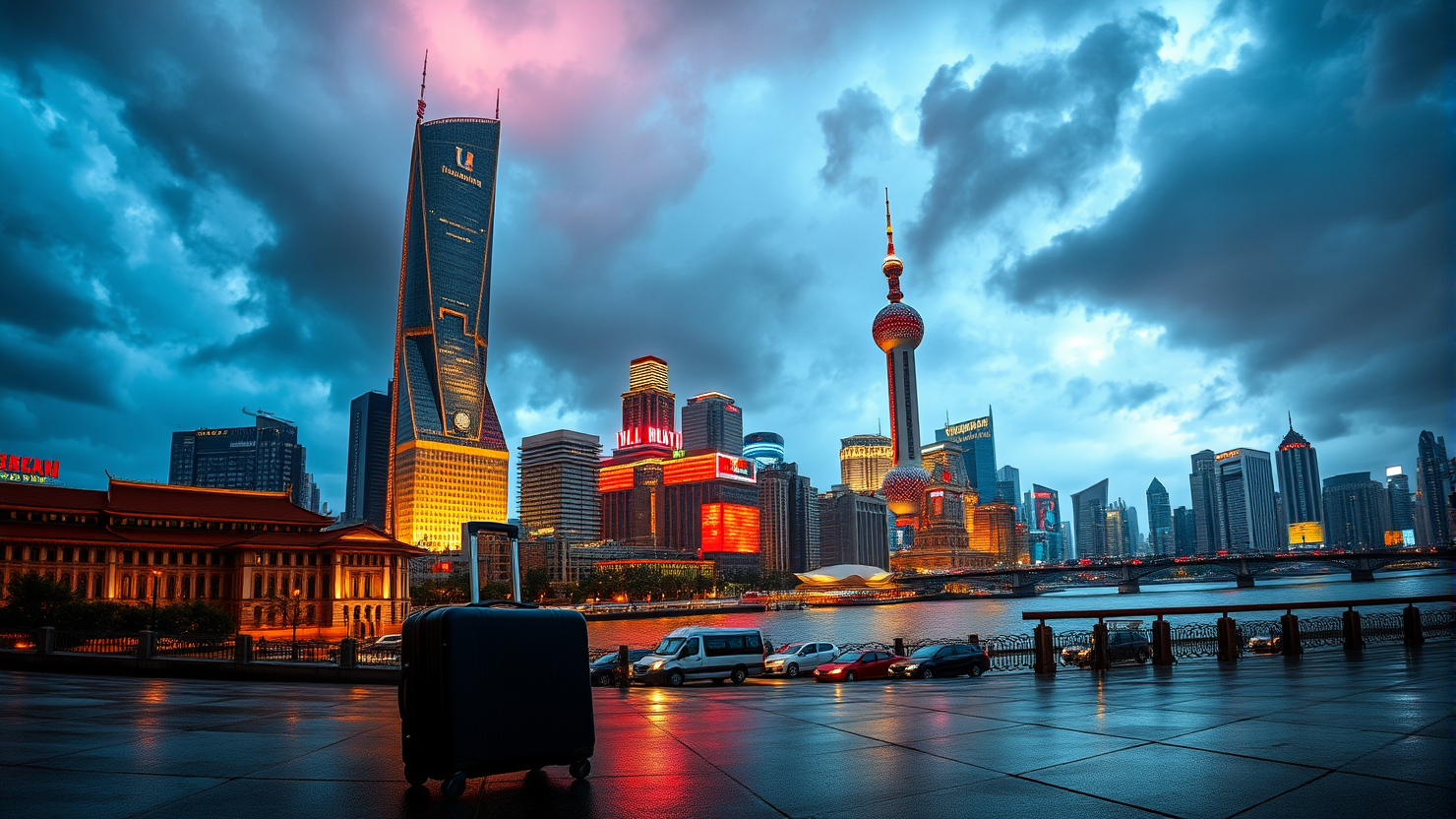Elon Musk on the Future of AI, Autonomous Driving, and the Optimus Robot

A recent video featuring Elon Musk offers a glimpse into the future of artificial intelligence and robotics, with a particular focus on Tesla’s ambitious projects: the Optimus robot and autonomous driving technology. The discussion highlights the potential for these innovations to reshape industries and society as a whole.
Musk envisions the Optimus robot as a transformative product, with a potential market in the tens of billions of units. He suggests its initial applications will be in high-value sectors such as healthcare, where it could function as a 24-hour nurse, and in roles that are dangerous or repetitive for humans. Over the next decade, Musk believes Optimus will be more impactful than full self-driving technology.
The conversation also delved into the broader implications of artificial general intelligence (AGI). While acknowledging that AI has yet to make groundbreaking scientific discoveries, Musk anticipates this will change. He also touched upon a future where multiple major AIs exist, raising questions about the role of humanity when machines surpass human intelligence.
A significant portion of the discussion was dedicated to the ethical considerations of AI. Musk emphasized that the most critical aspect of AI safety is a commitment to being “maximally truth-seeking.” He foresees a future of immense productivity gains driven by AI and robotics, potentially leading to a tenfold increase in the global economy and the eradication of poverty. However, he also acknowledged the profound challenge of finding meaning in a world where labor is largely automated.
The video also shed light on Tesla’s evolving mission, which now extends beyond sustainable energy to encompass a positive AI future. This dual focus, according to the discussion, could propel Tesla’s valuation to an astonishing $20-30 trillion if both autonomous transport and Optimus are successfully realized.
The development of these technologies is not without its challenges. The head of vehicle engineering at Tesla detailed the complexities of designing a vehicle without traditional controls like a steering wheel, mirrors, or pedals. Similarly, the manufacturing of the Optimus robot was described as a feat of precision engineering, akin to surgery, in its attempt to replicate the intricacies of human movement.
The video also addressed the societal and regulatory hurdles that lie ahead. Public fear of autonomous vehicles and robots, as well as the potential for widespread job displacement, were identified as significant obstacles.
Ultimately, the discussion concluded on a philosophical note, reflecting on the importance of a compelling long-term mission for technology companies and the existential questions that will arise in a future of abundance, where humanity must redefine its purpose in a world where work is no longer a necessity.






